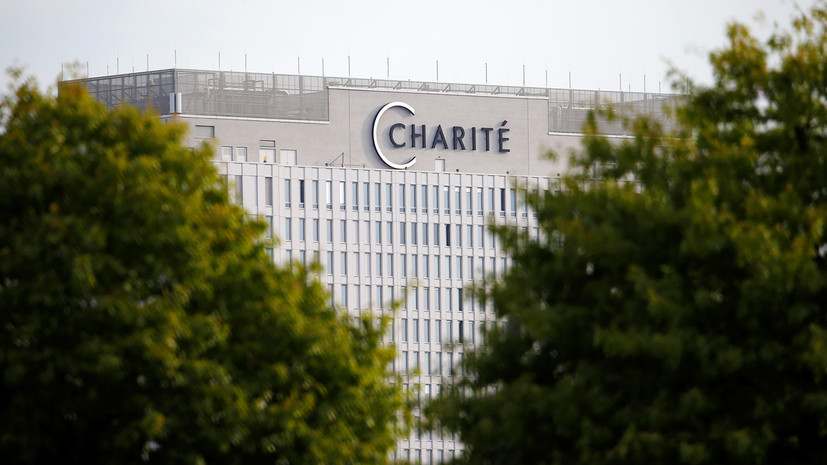Russia is imposing retaliatory sanctions against senior officials of the staff of the leaders of Germany and France in connection with the case of Alexei Navalny.
This was announced during a press conference by Russian Foreign Minister Sergei Lavrov.
“Since the EU sanctions in connection with Navalny directly affect the senior officials of the Russian presidential administration, our retaliatory sanctions will be mirrored.
They have already been adopted, and we will soon inform our German and French colleagues about this, ”the minister said.
The head of the foreign policy department called Berlin's behavior in the situation around the blogger's hospitalization unacceptable and inconsistent with international obligations.
According to him, this creates the basis for "serious misunderstanding."
“We see how Germany has taken on the role of leader of a new escalation in relations with the Russian Federation.
This worries us, including in terms of the global role that Germany plays in Europe, ”Lavrov said.
Sergey Lavrov
He also spoke about the circumstances of the blogger's hospitalization, recalling that neither the doctors of the Omsk hospital nor the doctors of the Berlin clinic "Charite" found traces of the toxic substances, where Navalny was urgently transported from Russia.
Only experts from the Bundeswehr clinic announced their discovery.
“We have reason to believe that everything that happened to him in terms of the penetration of chemical warfare agents into his body could have happened in Germany or on an airplane, where he was loaded and taken to the Charite clinic,” Lavrov said.
The minister drew attention to the regular promotion of new versions of Navalny's "poisoning".
At the same time, the German side refuses to provide Russia with the results of his analyzes and any evidence of his accusations.
The head of the Russian Foreign Ministry also recalled Germany's demand to open a criminal case in connection with the incident, stressing that Moscow cannot do this due to the lack of evidence.
"When there is such a circus, or if it was in the Charite clinic, then it is already underway, I hardly perceive the real motives of our German partners," Lavrov emphasized.
“At the same time, together with France, Berlin became the main initiator of the discussion in the European Union and NATO on the issue of imposing sanctions against the Russian Federation for a case that has never been proven by anyone as something committed on the territory of the Russian Federation,” the minister said.
Recall that Alexei Navalny became ill on August 20 on board an airplane flying from Tomsk to Moscow.
The liner urgently landed in Omsk, where the blogger was taken to the hospital.
Later, at the insistence of his relatives, he was transferred to the Charite clinic in Berlin.
A few days later, the FRG authorities announced that Navalny had allegedly been poisoned with a nerve agent from the Novichok group.
Berlin said that the conclusions of the German experts were confirmed by the laboratories of Sweden and France.
At the same time, Moscow has not yet received a response to the request to provide more detailed information on the results of the analyzes.
At the same time, Russian doctors have repeatedly noted that the tests carried out did not reveal traces of toxic substances in the patient's body.
On October 12, the foreign ministers of the European Union countries agreed on the introduction of sanctions against Russia due to the situation around Alexei Navalny.
Later, the website of the Official Journal of the European Union published a decision to impose restrictions on a number of Russian citizens in connection with the Navalny case, including FSB director Alexander Bortnikov.
Press Secretary of the Russian President Dmitry Peskov called this decision a deliberate unfriendly step towards Russia and added that Moscow will analyze the situation and will act in accordance with its own interests.
In turn, Russia's Permanent Representative to the UN Vasily Nebenzya drew attention to the similar behavior of Western countries in situations with the "poisoning" of Navalny and Skripals, as well as accusations of the use of chemical weapons in Syria.
“All this follows the same scheme - both with the Syrian“ chemistry ”and with the Skripals.
And now they are trying it on Navalny, ”he said in an interview with RIA Novosti.
According to the permanent representative, in these situations there are many inconsistencies and even fiction, but no one wants to talk about this seriously.
He also stressed that
Russia is ready to investigate the situation with the blogger, but this requires evidence, which they refuse to provide.

